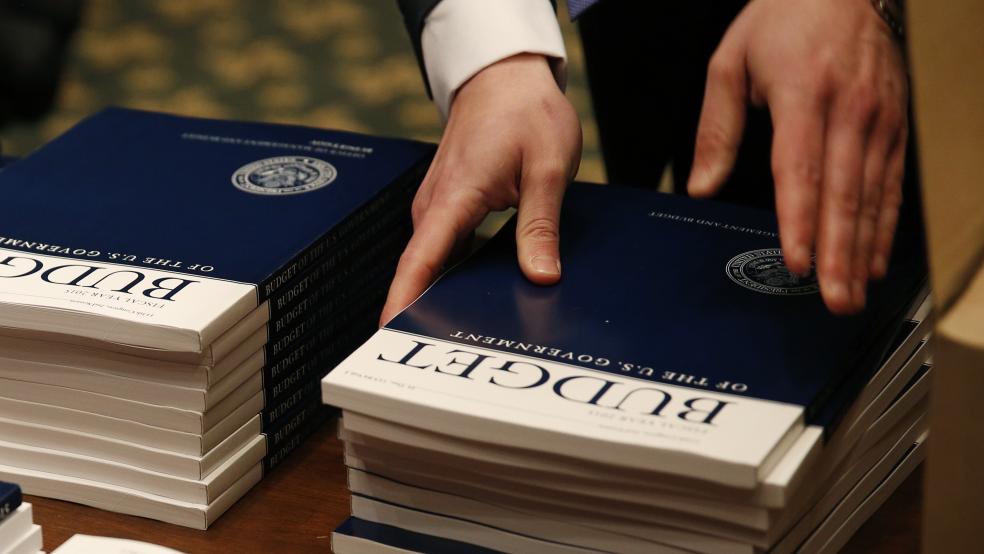Continuing its streak of issuing reports that make the White House look bad, the Congressional Budget Office, released an analysis of the President’s budget for 2015 on Thursday that found the administration’s claims of future deficit reduction were significantly overblown.
The White House budget, which was issued last month and voted down by the House of Representatives before Congress went into recess last week, was touted as cutting the cumulative deficit from a projected $7.6 trillion over the next decade to $4.9 trillion.
Related: GOP Approves Ryan Budget as Dems Quietly Cheer
However, the CBO found in its analysis that the administration’s budget would do far less than advertised to slash the deficit, projecting a ten year total of $6.6 trillion added to the budget, a decline of less than half of what the administration had predicted.
Interestingly, the CBO analysis sees the government taking in less in revenues – mainly taxes – than the administration projects over 10 years. The president’s budget predicted total revenues of $43.8 trillion over ten years, but CBO’s analysis said the administration should only expect $42 trillion. Either number is an increase over the amount that would be generated by current policy, which CBO projects as $40.6 trillion.
The issue of the president’s budget is, for practical purposes, a moot point. Congress has already agreed to a budget for 2015, and the Senate has shown no interest in revisiting the discussion. However, House Budget Committee Chairman Paul Ryan (R-WI) managed to get a budget passed by the Republican House anyway, giving the Republicans something to compare the president’s budget to.
Related: Ryan Forges Ahead with Balanced Budget Plan
The CBO’s challenging of the administration’s numbers gave Ryan exactly the opening he needed.
“This new report is just more confirmation: The President’s budget would take us in the wrong direction,” he said in a press release. “It would take more from families to spend more in Washington. It would hollow out our national defense. It would weaken key priorities like Medicare. And it would never balance the budget—ever.
“That’s why I’m proud that the House passed the Republican budget. Our plan would balance the budget in just ten years and help grow the economy,” he continued. “By getting our debt under control and advancing other pro-growth policies, it would strengthen our economy and help create jobs. The people deserve a government that works for them, not one that buries them in more debt.”
The Republican budget, to be sure, has political problems of its own once outside the friendly confines of the GOP-led House of Representatives. It balances the budget with immense cuts to social spending and other government programs, while providing spending increases only to the military.
However, should Republicans take over the Senate in 2015 – a distinct possibility – they could try to force through some of the proposals in the Ryan budget.
Top Reads from The Fiscal Times





